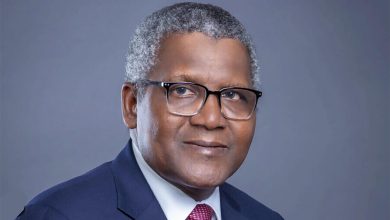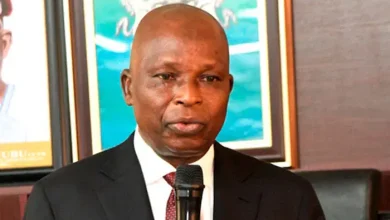
The Federal Government has said it may sell off the refineries as part of its economic reform strategy to attract investors, boost competition, and improve efficiency in the downstream oil sector.
Nigeria’s four state-owned refineries — located in Port Harcourt, Warri, and Kaduna — have a combined installed capacity of 445,000 barrels per day (bpd) but have remained largely dormant for decades, despite repeated turnaround maintenance projects that cost the government billions of dollars.
Special Adviser to President Bola Tinubu on Energy, Olu Verheijen, disclosed this during an interview with Bloomberg TV anchor, Joumanna Bercetche, on the sidelines of the Abu Dhabi International Petroleum Exhibition and Conference (ADIPEC) on Tuesday.
The refineries are owned by the Nigerian National Petroleum Company Limited (NNPCL).
“It’s one of the options that you have to consider if you find the right technical partner with the right capital,” Verheijen said.
The plants have largely been sustained by subsidies, “but now that we’ve removed the subsidies, we’ve removed the distortions in that market,” she said.
According to Verheijen, the government’s reform agenda under President Tinubu aims to restore market efficiency and transparency, ensuring that the petroleum sector operates on purely commercial terms.
The refinery was shut down on May 24, 2025, for scheduled repairs of 30 days, but it’s now been over 80 days without any significant activity or commitment under the administration of the new GCEO of NNPCL.
The update followed an announcement by the NNPCL that it was seeking technical equity partners capable of managing and operating the Port Harcourt, Warri, and Kaduna refineries at international standards.
“We are looking ahead with optimism to ensure our refineries operate effectively,” NNPC Chief Executive Officer Bayo Ojulari said in a post on X last week.
The government also sees a long-anticipated initial public offering for NNPC as “an end destination,” Verheijen said. “What’s really important to the shareholders is that we have an NNPC that’s a lot more transparent, a lot more efficient, and delivers.”
Channels news










